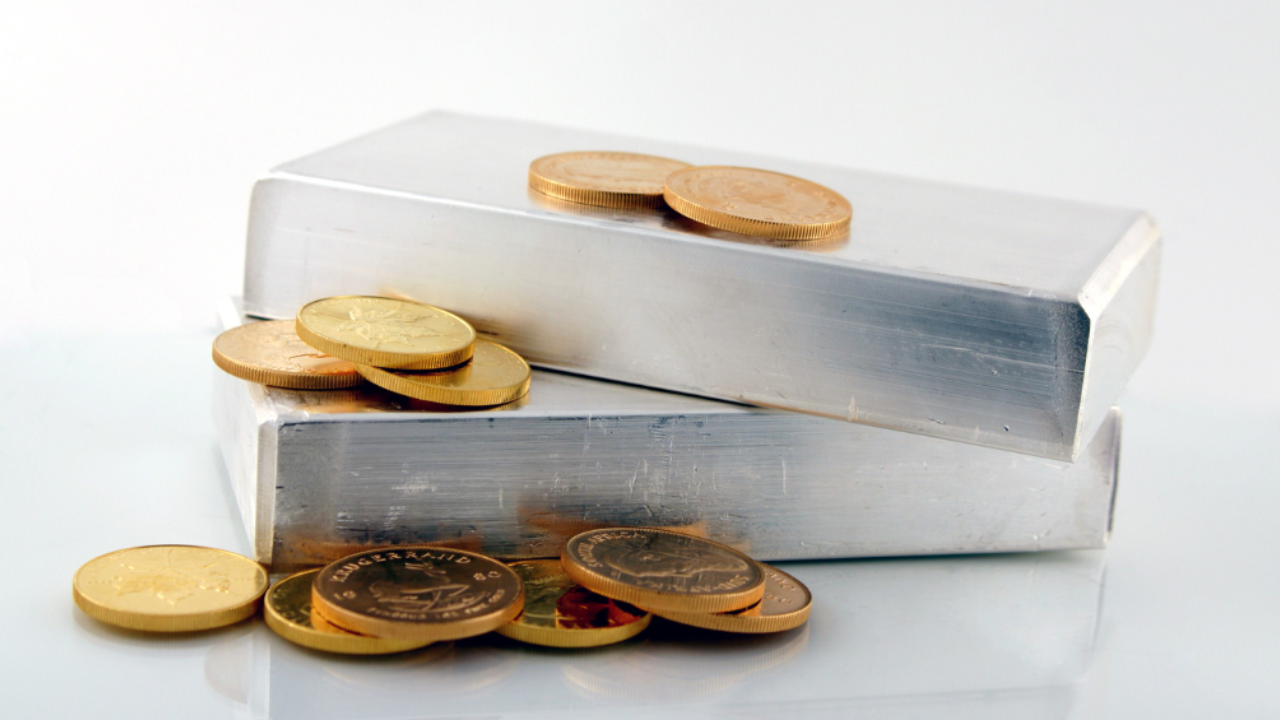It’s Not Just About the Numbers: Why Money is Deeply Personal
May 31, 2025
A few weeks ago, I found myself in a casual conversation with two women - nothing formal, just one of those chats that wanders from one topic to another. Eventually, we landed on money.
As I started sharing some basic financial tips, something struck me. While the advice was the same, the way each of them received it couldn’t have been more different.
One woman had a “live for the moment” approach: she enjoyed spending, made quick decisions, and didn’t like to think too far ahead. The other? She preferred to avoid financial conversations altogether, leaving most of the responsibility to her partner. She admitted that it felt overwhelming and heavy - like something she’d rather not deal with.
Same conversation. Same advice. Two very different responses.
And that's when it hit me:
You can give two people in nearly identical financial situations the exact same advice - but if their mindset around money is different, their outcomes will be too.
Money Isn’t Just Math
Even when people are in similar financial circumstances, their thoughts, emotions, and stories about money are entirely unique. That’s why a truly effective financial plan isn’t just about spreadsheets or strategies - it needs to reflect the person behind the numbers.
I saw this clearly a few years ago when I met a couple whose story really stayed with me.
They were in their early 60s, with a significant property portfolio and a net worth that made them millionaires on paper. From the outside, they looked like the picture of financial success. But once we started talking, I realised something surprising:
They lived extremely modestly. And not because they had to - because they were afraid not to.
The wife, especially, had a deep fear of spending. She’d grown up with very little, experienced poverty firsthand, and that early fear had never fully let go. Even with all the wealth they had, she still shopped at online 99p stores (yes, those exist!). I showed her cash flow projections, data, reassurance after reassurance. But none of it made a dent.
Because her relationship with money wasn’t built on logic.
It was built on emotion.
Money Is Emotional
We like to think money is rational - just a matter of income, outgoings, interest rates, and savings goals.
But the truth?
Money is emotional. Deeply emotional.
Think about it for a second. What do you feel when you hear the word money?
Anxiety? Guilt? Excitement? Shame?
Do you feel a need to avoid the conversation altogether?
That’s not just a passing thought. That’s your money story. Your wiring. Your emotional blueprint.
Money is never just about cash flow. It’s about:
-
Security
-
Freedom
-
Self-worth
-
Identity
It’s shaped by how we grew up, what we witnessed, what we lacked, what we feared.
Have You Ever...
-
Avoided checking your bank account?
-
Felt guilty spending on yourself, even when you could afford it?
-
Stayed overly cautious, even when the numbers say you're safe?
That’s not a lack of discipline.
That’s not making poor choices.
That’s emotional residue.
And yet most financial advice skips over this completely. It jumps straight to how:
“Save more.”
“Invest early.”
“Spend less than you earn.”
But here’s the thing:
You can’t solve an emotional issue with a spreadsheet.
Until we talk about our feelings about money - where they come from, how they formed - we stay stuck.
Beliefs Drive Behaviour
Most of our money beliefs aren’t conscious. They’re inherited. Passed down through families, culture, early experiences.
I used to believe that money was bad. Not because anyone told me directly, but because of what I observed.
People with money often seemed cold, selfish, or disconnected. People with less? They were generous, joyful, warm.
So I created a mental shortcut:
Money = bad people.
And like we all do when we have a belief, I found ways to prove it.
I noticed a man in a flashy car being rude to the hotel staff - yep, confirmation.
I saw modest families laughing around the dinner table - more proof.
But eventually, I had to challenge that belief. Because it wasn’t helping me.
I’ve since learned:
Money isn’t good or bad. It’s a tool.
You can use it to manipulate… or to create, support, and uplift. It depends on the person holding it.
Still, that shift didn’t happen overnight. And honestly? Some of those old beliefs still linger. I sometimes catch myself slipping into old judgements - especially when I see people using money as power over others. But now, I notice it. And I question it.
I guess that's growth.
Your Life Shapes Your Money Mindset
How you grew up plays a huge role in how you handle money now.
-
If you lived through a recession, you might be cautious.
-
If your parents argued about money, you might avoid it entirely.
-
If you grew up with scarcity, you might feel anxious no matter how much you earn.
There’s research to back this up. One study found that people who experienced stock market crashes early in life were less likely to invest - even when the markets bounced back.
That’s not logic.
That’s memory. Emotion. Mindset.
Awareness Is the First Step
Most of our money beliefs live below the surface. You might not even realise you're avoiding financial decisions because of something you absorbed decades ago.
But once you notice it? You gain power over it.
That’s where transformation starts.
Change Doesn’t Have to Be Big
You don’t need to overhaul your entire financial life in one go.
Start small:
-
Open that account you’ve been avoiding.
-
Reflect on your earliest money memory.
-
Ask yourself: What do I believe about money - and is it still true?
Every small win builds confidence. And confidence builds momentum.
Final Thought: You’re Not “Bad With Money”
You’re not behind. You’re not broken. You’re not bad with money.
You’re human.
You’ve been shaped by experience, emotion, and belief. And that’s okay.
But you can change your relationship with money - one step, one shift, one decision at a time.
Because true financial well-being isn’t just about knowing what to do.
It’s about feeling empowered to do it.
So wherever you are today, remember:
You don’t need to be perfect.
You just need to begin. 💗






